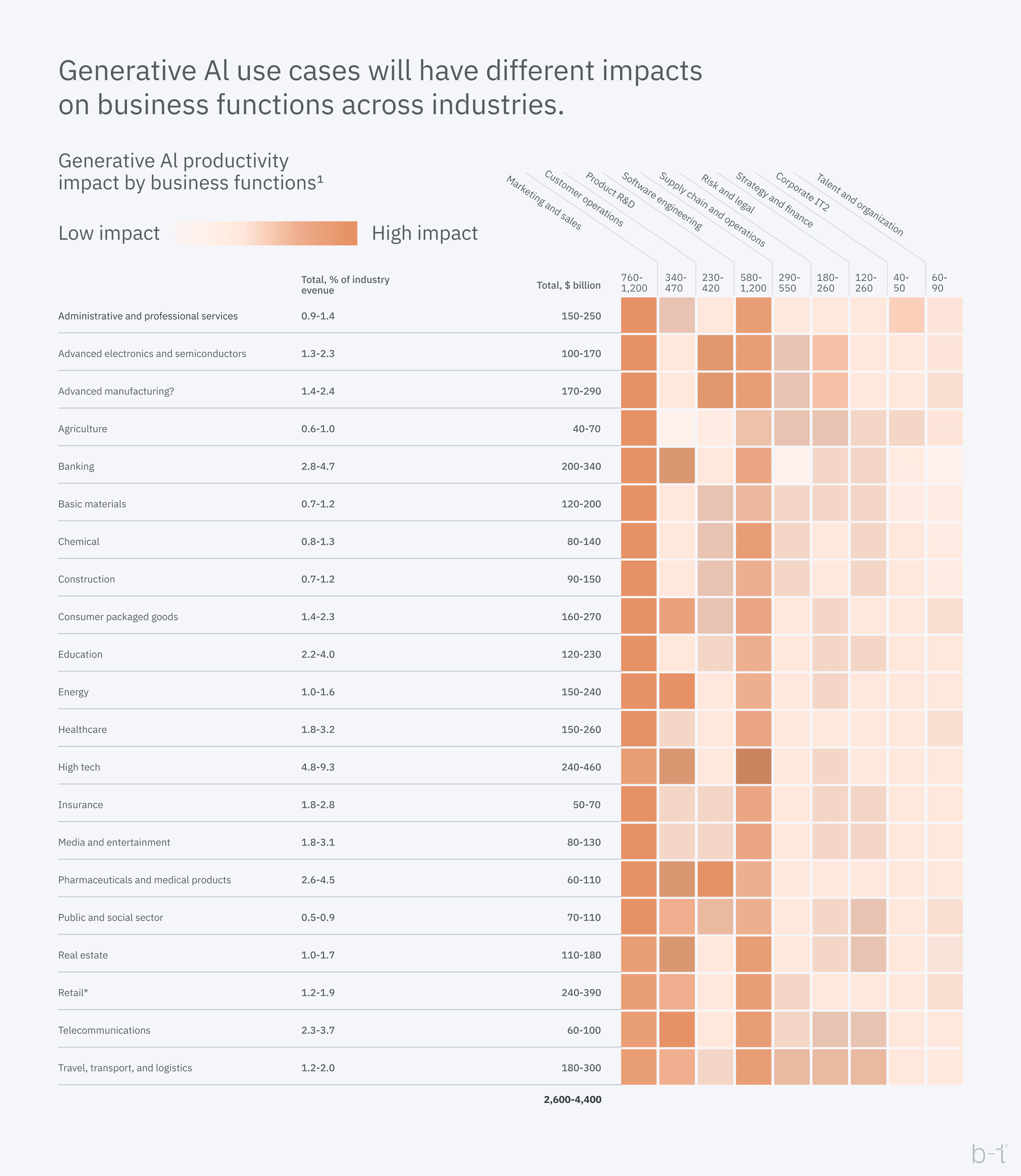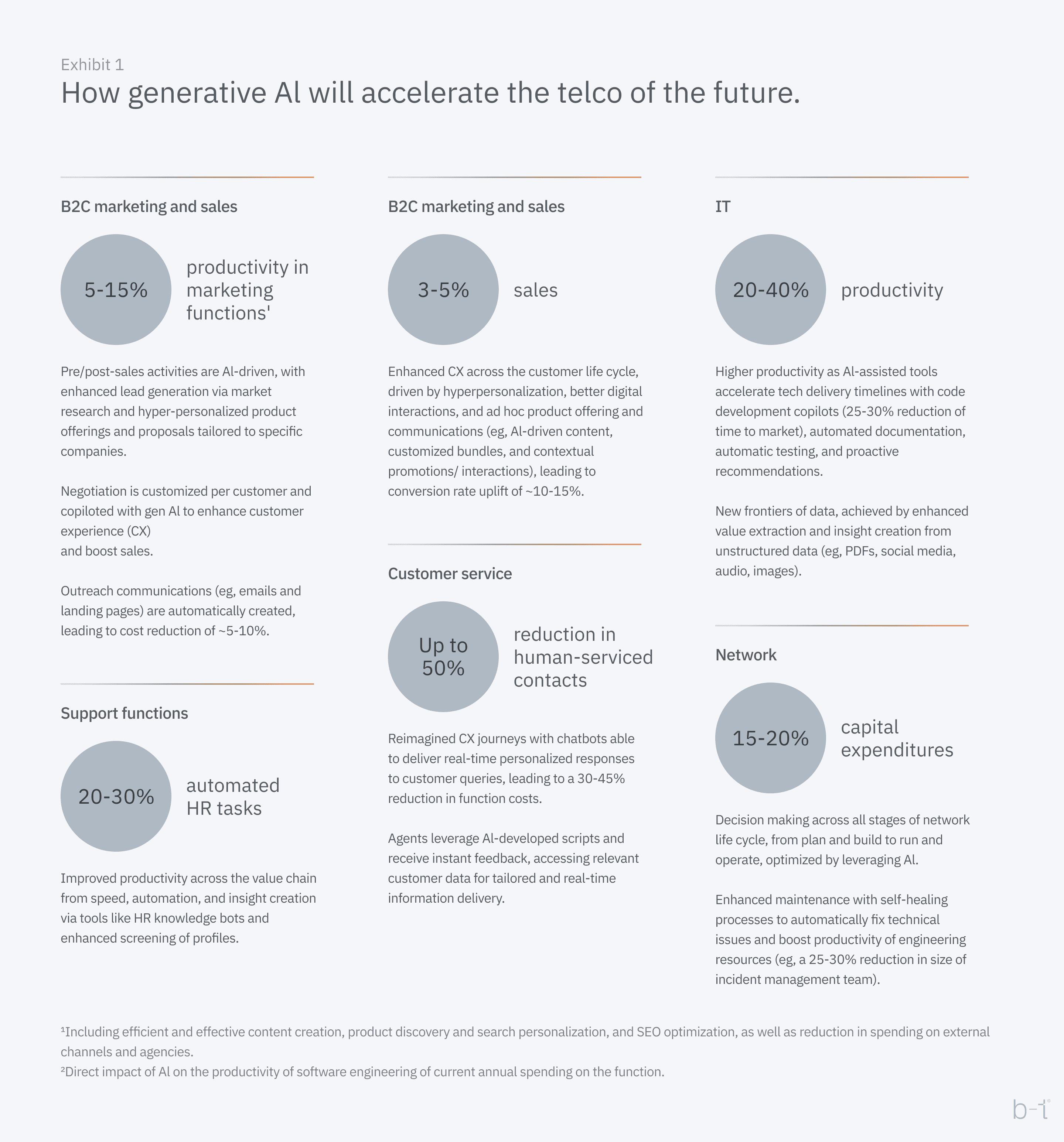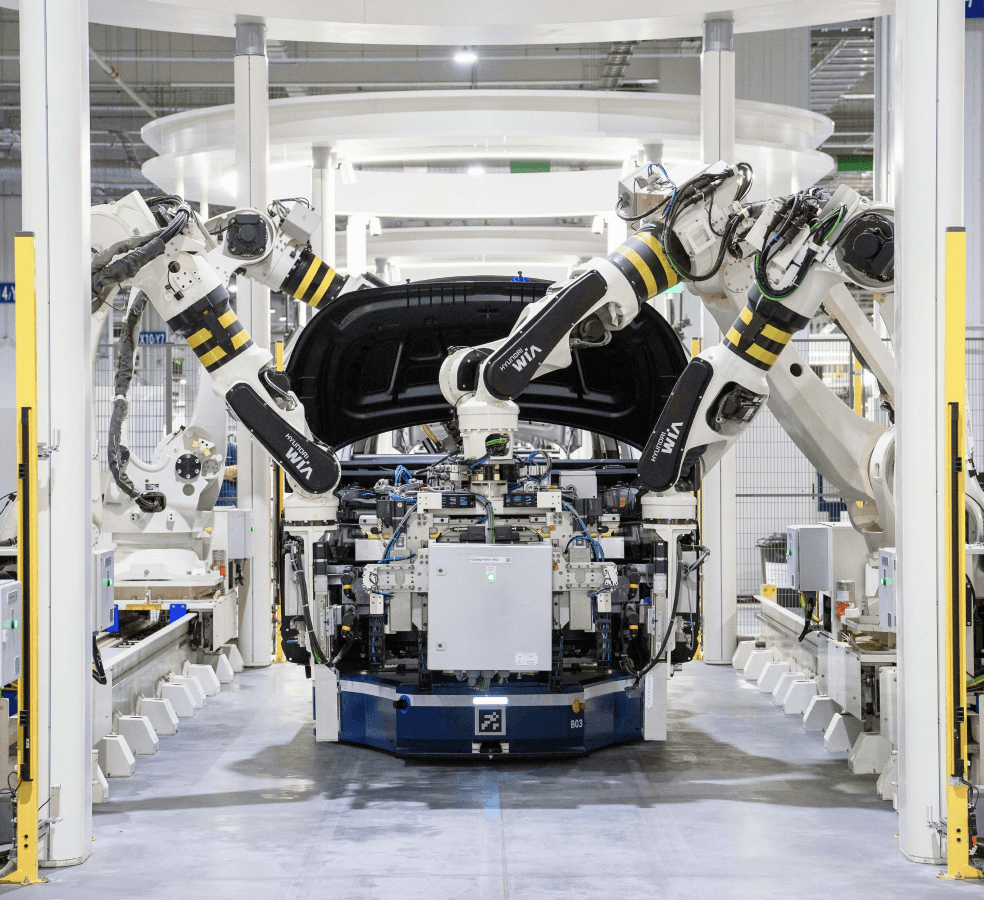In the rapidly evolving landscape of Technology, Media, and Telecommunications (TMT), artificial intelligence (AI), and particularly generative AI (gen AI), stands at the forefront of the next wave of digital transformation. Drawing insights from a comprehensive study by McKinsey & Company, this article delves into the profound impact and vast potential of AI and gen AI within the TMT sector. The McKinsey report, "Beyond the hype: Capturing the potential of AI and gen AI in TMT," serves as a cornerstone for understanding the transformative capabilities of AI technologies in reshaping the industry.
The Economic and Operational Impact of AI
McKinsey's research underscores the significant economic promise of gen AI, estimating its potential contribution to the economy at an astounding $2.6 trillion to $4.4 trillion annually. This contribution is anticipated to enhance the overall impact of AI technologies by 15 to 40 percent. Specifically, in the TMT sector, gen AI is poised to unlock $380 billion to $690 billion in impact, spanning telecommunications, media, and high- tech domains. Such figures not only highlight the economic potential but also underscore the urgency for TMT leaders to integrate AI into their strategic planning.
 Figure 1: Generative AI uses cases across industries
Figure 1: Generative AI uses cases across industries
The journey from AI experimentation to full-scale implementation is fraught with challenges, yet it is imperative for staying competitive. McKinsey's insights reveal the necessity of an AI-native transformation, emphasizing the integration of gen AI into core business processes and the creation of a robust ecosystem that fosters continuous innovation and agility. The report outlines a strategic blueprint for embedding gen AI, leveraging over 100 identified use cases across seven business domains within the TMT sector.
Unlocking New Efficiencies and Capabilities
Practical implementations of gen AI within the TMT industry already showcase its potential to revolutionize customer care, sales, network operations, IT, and support functions. For instance, gen AI can automate up to 50 percent of customer care activities, resulting in a 30 to 45 percent productivity boost and significantly enhanced customer satisfaction. Similarly, the automation of repetitive work activities through gen AI is expected to improve productivity by up to 70 percent. These examples illustrate the broad applicability and transformative power of gen AI across various facets of the TMT industry.
 Figure 2: Generative AI accelerating the future
Figure 2: Generative AI accelerating the future
Navigating Challenges and Embracing Change
The McKinsey report candidly addresses the hurdles in adopting gen AI, from talent shortages and organizational inertia to regulatory uncertainties. However, it also offers practical advice for overcoming these challenges, including fostering a culture of innovation, prioritizing data quality, and developing tailored AI solutions. Moreover, the report emphasizes the importance of change management and stakeholder engagement as critical components of a successful AI strategy.
The Road Ahead for TMT Industries
As gen AI continues to mature, its capabilities expand, promising even greater innovations in the TMT sector. The McKinsey study not only provides a roadmap for harnessing the potential of gen AI but also serves as a call to action for industry leaders to proactively engage with this transformative technology. The future of TMT will be shaped by those who move beyond the hype and actively implement gen AI strategies to capture real value.
In conclusion, the McKinsey & Company report offers invaluable insights into the transformative potential of AI and gen AI in the TMT sector. By outlining the economic benefits, strategic approaches, and practical implementations of AI, the report equips TMT leaders with the knowledge and tools needed to navigate the AI revolution successfully. As the industry stands on the cusp of significant change, embracing gen AI could well be the key to unlocking new levels of innovation, efficiency, and competitiveness.





